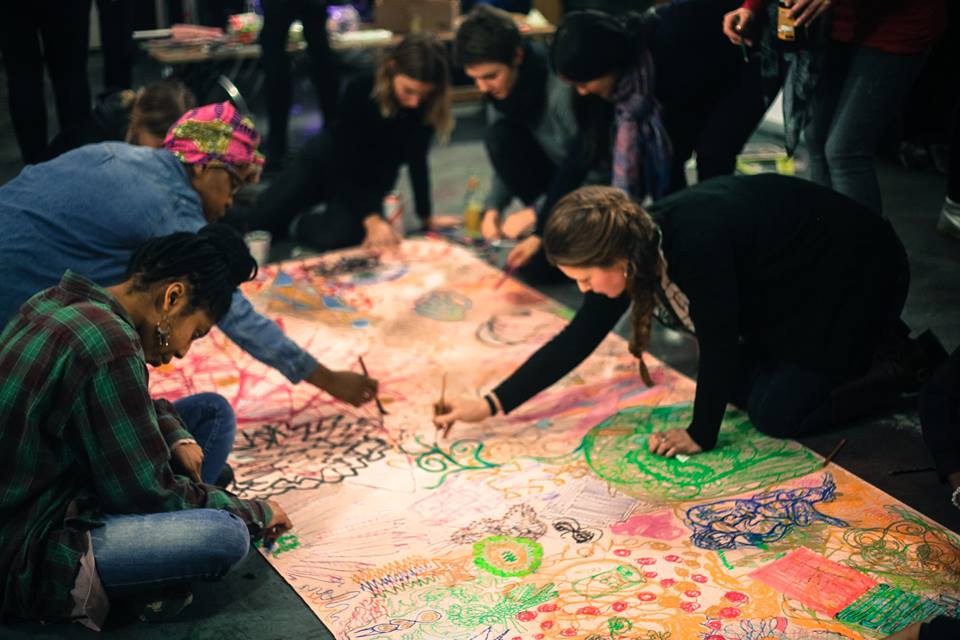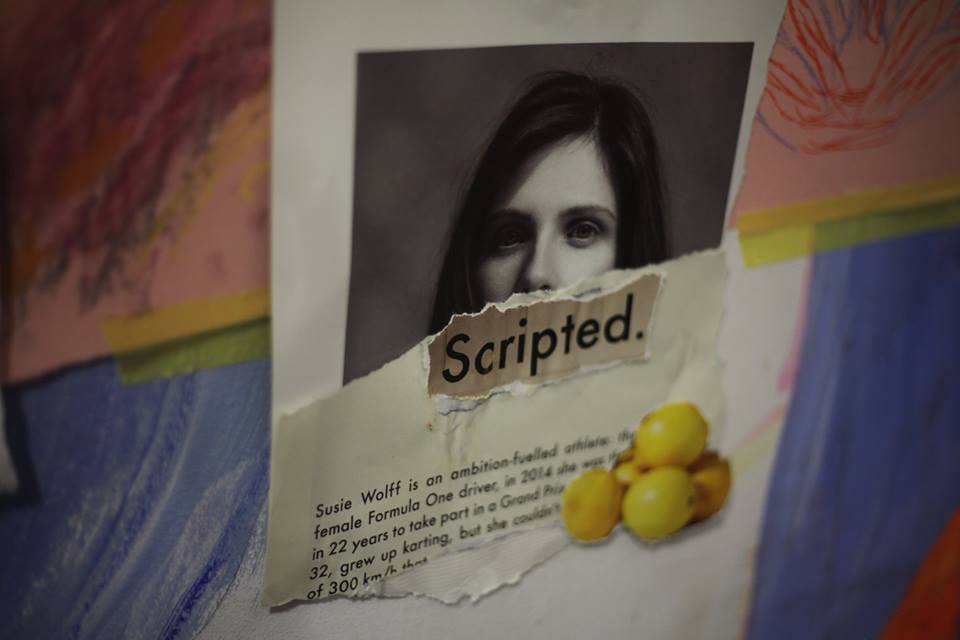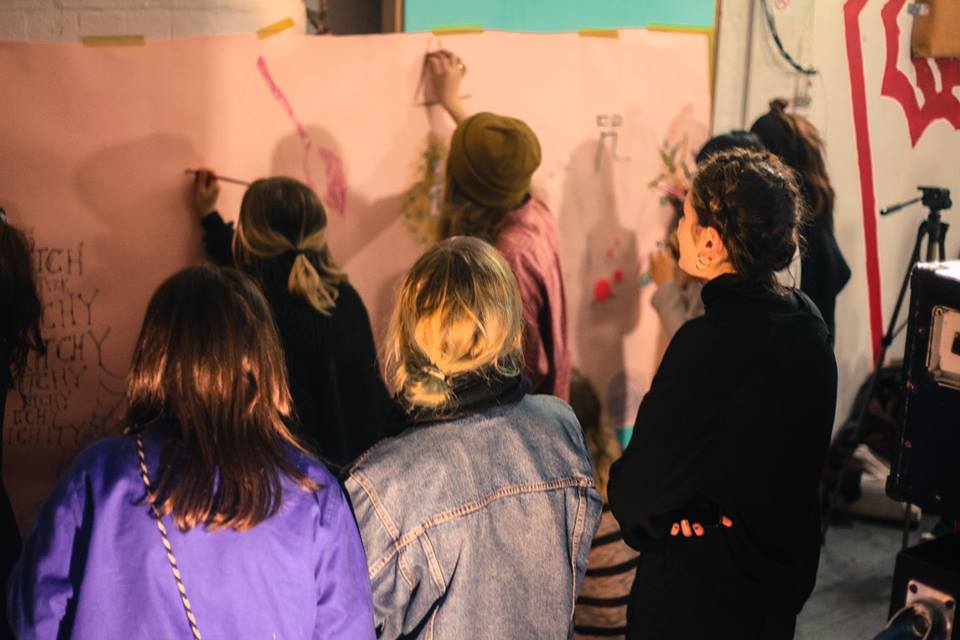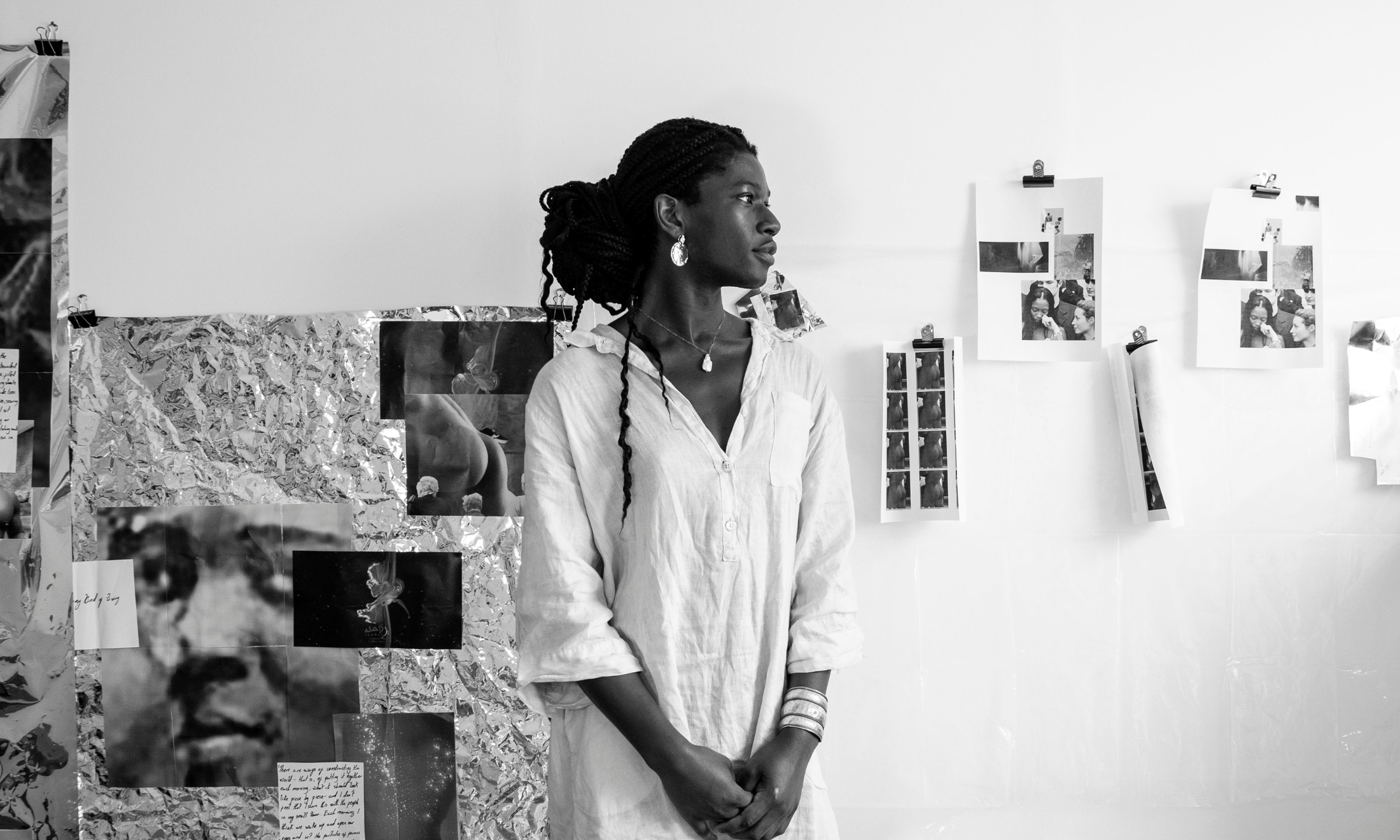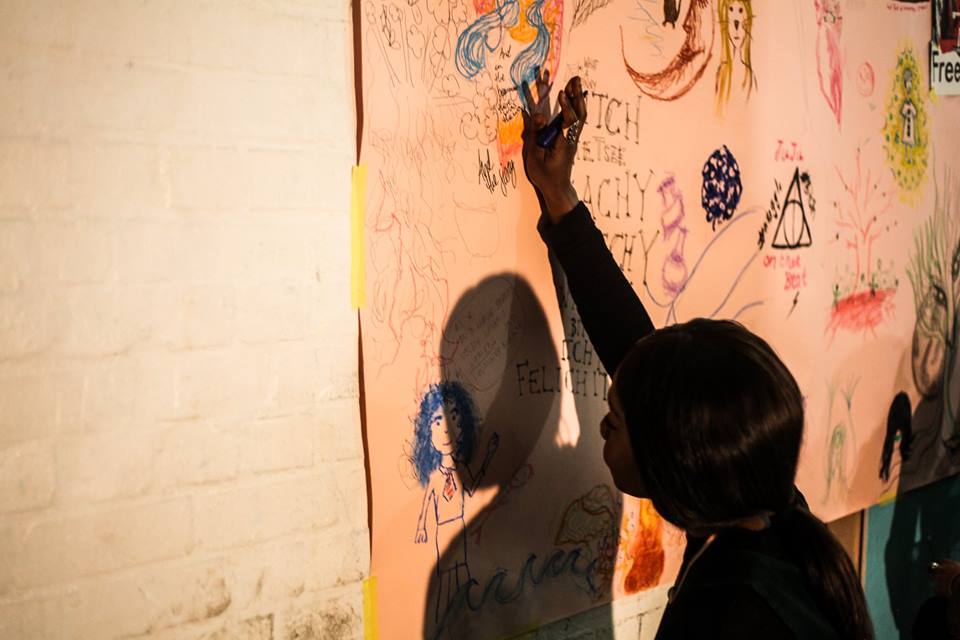
When I heard Theresa May speak of her “shared society” vision for Britain, I couldn’t help but break into a wry chuckle. The Prime Minister speaks of tackling the “burning injustice that undermine the solidarity of our society”, of a Britain that “works for everyone”, yet it’s a struggle to understand how this is possible while our current government enacts policies designed to break the back of our already crippled and weary NHS.
May was applauded at the beginning of 2017 for unveiling her policies to address and “transform” the way mental health issues in particular are treated by the British health system and society at large. With one in four adults across England being diagnosed with some form of mental illness at some point in their lives, mental health has for too long been disgracefully neglected by the state, surrounded by stigma and silence. As much as it may pain me to say it, May was right in this case; right to centralise this issue which for too long has sat at the edges of social policy-making. Yet, as I have unfortunately come to expect from British politicians, words are often designed to dress up inaction. It seems as if this policy is expected to magically zap into effect, without any significant injection of cash to aid chronically underfunded and understaffed mental health services. Combined with the news last week that the Government will be cutting NHS spending per person in real terms next year, whilst maintaining a public mantra of mythical “investment in our services”, May’s“shared society” reeks of disingenuity.
When race and gender come into play, the picture becomes even more disheartening. As research from the Mental Health Foundation has shown, BAME communities are more likely to be diagnosed with mental health problems, and for women from these communities in particular, a culture of silence surrounds these issues. Taking matters into their own hands, Arts Sisterhood UK have decided to do something about this inequality; providing a much needed service that our state has failed in its duty to do. The community organisation started running a series of art therapy classes in October last year, borne out of the frustration with cuts to the NHS and lack of provision for mental health services for women. Since then, the classes and their impact have gone from strength to strength, with 150 person-capacity classes selling out within 12 hours and a growth of around 20-30 people each month.
Ali Strick, the founder of Arts Sisterhood UK, tells gal-dem that the classes were started with the full intention of an intersectional ethos, and their success has proven the value of arts therapy in terms of mental health and wellbeing. “Many reviews of studies regarding arts as a recovery path claim benefits such as improved motivation, increased social engagement, enhanced self confidence and self esteem, increased resilience and a more relaxed state of mind, better concentration, increased self expression and self understanding, and a stronger, more positive sense of self,” Strick says. “I think we definitely see some of these results, almost immediately. I think this is why we have so many returning members!”
The arts therapy classes follow a relaxed structure, with themes varying between “emotive words, current affairs, intersectional feminist ideas and healing thoughts,” Strick says. Following introductions, the class breaks off into groups to create their artwork, which usually consists of 3-5 large wall pieces. Everyone gets the chance to work on each theme, before the session finishes with a group discussion reflecting on the class and looking ahead to upcoming projects. Strick emphasises the relaxed nature of the classes, complete with vegan cakes on sale. While participants are provided with materials, they are also encouraged to bring their own tools too. There is only a nominal fee for the classes, with all money received going straight back into the project.
With an organisation and ethos built upon these values, Strick’s emphasis on intersectionality comes from her belief that it plays a key role in mental health recovery. “Intersectionality essentially means inclusion,” she tells me. I ask Strick about the importance of this in the classes, and how it creates a positive environment. “It’s my belief that factors such as sexuality, age, ability, class and ethnicity make up a person’s social identity and this ties directly into their sense of self, and social location,” Strick says. “So essentially disadvantaged gender, race, class, and cultural positions may provoke feelings of inferiority and powerlessness and therefore, people within these positions are at higher risk of developing mental illness. By breaking the silence about the enormity of these intersections but also focusing on the strengths of the marginalised people in attendance of our classes, we’re able to encourage their empowerment.”
Strick and Arts Sisterhood UK believe that encouraging these kinds of attitudes and opening up this conversation about mental health “can lead to positive actions such as accepting reality, reframing situations and resisting the internalisation of negative behaviours and attitudes, all of which are core factors in the path to resolving many mental health issues.”
In real terms, the classes have made a huge practical difference to the lives of its participants.
“I think the main feedback we get is that attendees are so happy to be in the space we created, because we provide a chance for many different people to interact with each other and give each other support,” Strick says. “People turn up feeling apprehensive but leave in the best mood. People talk about making new friends, feeling like they got something off their chest, gaining confidence, being proud to be a woman due to being in the presence of other women and realising the brilliance of other women. We really do provide a sisterhood, everybody, including the people running it, just leave feeling so connected to everybody in the room, even though we began not knowing each other. I think the creation of a collaborative piece of art really brings people together in a positive and healing way.”
Since the demand and therefore the need for the classes has been overwhelming, Arts Sisterhood UK is hoping to do two London classes month and are now taking their project on tour in 2017 across the country. Following a successful run in Glasgow in January, the organisation will be continuing with monthly classes there as well as visiting every major city across the UK this year.
“Please help us spread the word about what we do on social media, write about us, volunteer with us, speak to us, any engagement helps us!” says Strick. Readers can get involved by going along to an Arts Sisterhood art therapy class and following the Facebook page, as well as following Arts Sisterhood on Twitter (@arts_sisterhood) or Instagram (@arts.sisterhood.uk). Donations to Arts Sisterhood can also be made via justgiving.com/crowdfunding/arts-sisterhooduk.

Britain’s policing was built on racism. Abolition is unavoidable

How Pakistan’s Khwaja Sira and transgender communities are fearing and fighting for their futures

Their anti-rape performance went viral globally. Now what?


